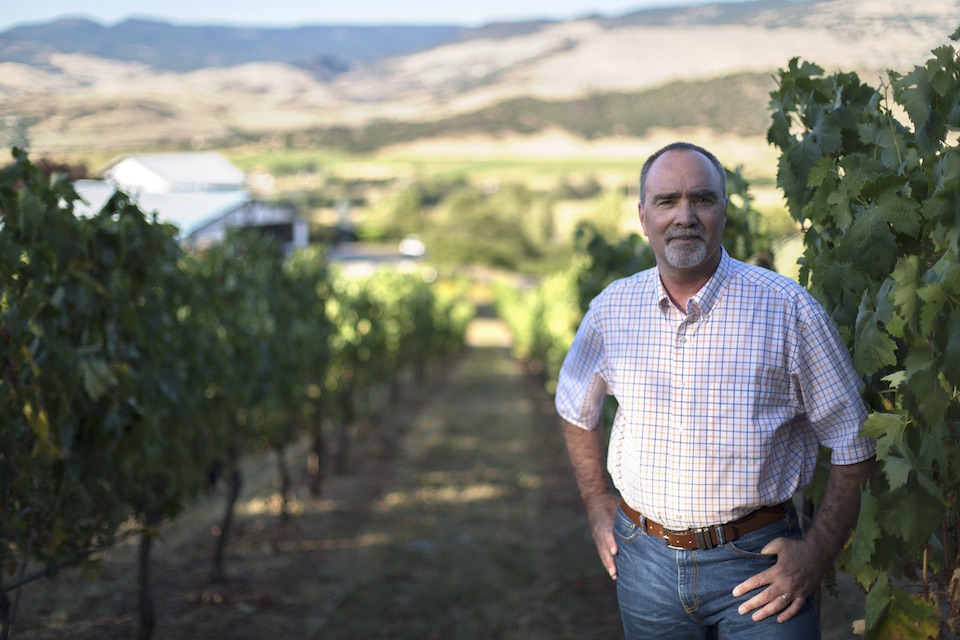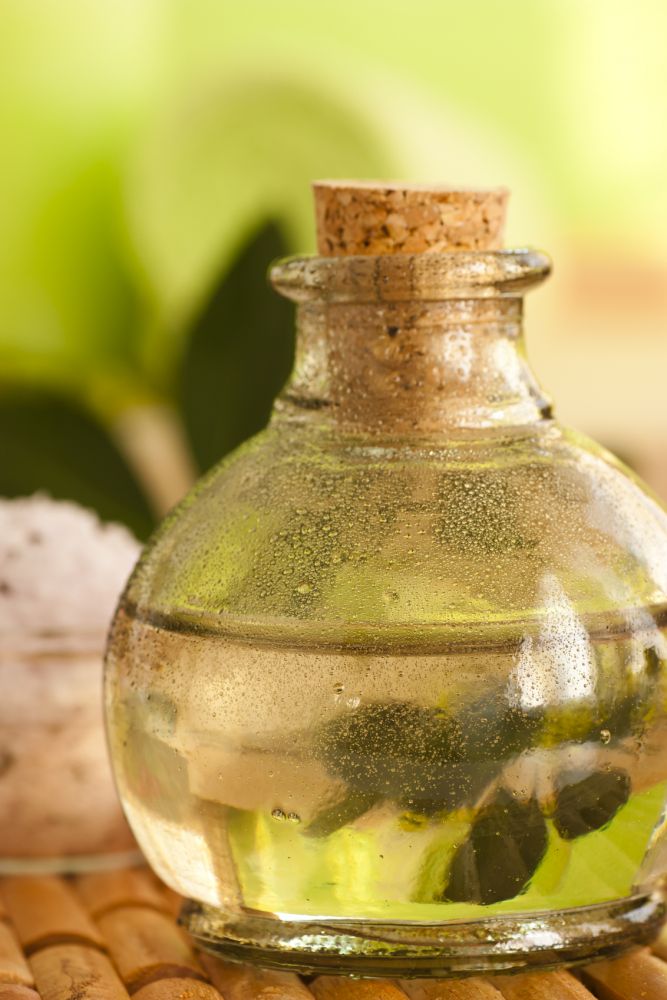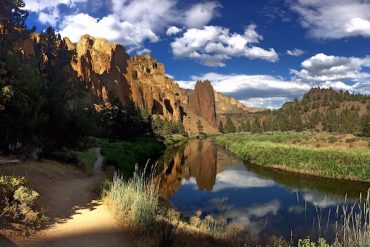interview by Lee Lewis Husk | featured photo by Ben McBee
Gregory Jones might be considered the father of wine climatology. He worked on his doctorate in Bordeaux, France, in the early 1990s, which led him to apply scientific principles of climatology to viticulture. Such research has paved the way for adulation from colleagues worldwide who revere his work. A professor at Southern Oregon University, Jones travels the world consulting with growers, speaking with industry groups even helping his own father, Earl Jones, the founder of Abacela Winery in Roseburg. He was a contributing author to a report on climate change that won the 2008 Nobel Peace Prize and was named the Oregon Wine Press “Person of the Year” in 2009.
When you’re outside the country, how do you characterize Oregon wines?
Most of the talks I give globally are about global issues and how those intersect across all regions. I try to share with colleagues that the history of wine production in Oregon is short, but the diverse geography and climate provide an ability to grow a huge number of grape varieties. Those factors allow us to be on the cusp of enormous potential.
Where are Oregon’s untapped regions?
They’re largely in existing wine-growing areas. In my region [Southern Oregon], probably 10,000 acres are highly suitable for growing wine grapes. In the Willamette Valley, plenty of places could be quite productive, and we’ll need pioneers to look for those. For example, many eastside valley areas such as Scio and Stayton haven’t really been explored. There’s a natural progression to the development of a region—Napa started off with grape acreage in the central part of the valley and now it’s expanded into the entire county. We’ll see similar expansion in the next ten or twenty years in Oregon.
How is climate change affecting the Oregon wine industry?
The wine industry is at the forefront of thinking creatively and managing the crop environment, and climate change is a major issue facing growers today. We’ve gone down the path of being organic and sustainable—it’s the mojo of people in the Oregon wine industry. One such impact from climate change is water. And although grape growing doesn’t use a lot of water compared to other agribusinesses, it’s still an issue that we’ll need to manage over the next twenty-five years. The industry is also experimenting with different grape varietals and clones to see how they perform in their region. [Climate change] might require shifting to a different variety, clone or root stock—it’s an ongoing process.
Are there climate changes that will affect the public’s drinking habits?
Change factors in the industry come from myriad sources, such as from consumers, wine writers, producers and the climate. Millennials will drink differently from baby boomers and be more open to wine in a can or out of a vending machine. Elegant, classic wines such as the European varieties are changing because of the climate but also because of the way wine writers put emphasis on bigger, bolder styles. Some producers try to create the same wine year-in and year-out, dialing in a consumer preference. And the climate has allowed some people to produce fruit that has higher sugar levels and flavor profiles.








